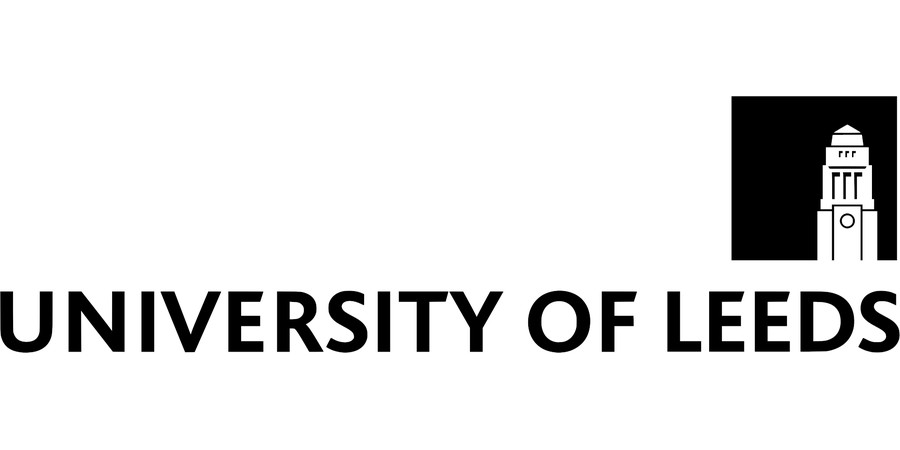Research Fellow in Heat Stress and Spermatogenesis
University of Leeds
| Location: | Leeds |
|---|---|
| Salary: | £41,064 to £48,822 per annum (Grade 7) |
| Hours: | Full Time |
| Contract Type: | Fixed-Term/Contract |
| Placed On: | 9th September 2025 |
|---|---|
| Closes: | 23rd September 2025 |
| Job Ref: | FBSBY1210 |
This role will be based on the university campus. We are also open to discussing flexible working arrangements.
Are you interested in cellular and genetic responses to climate change? Do you have an established background in molecular aspects of evolutionary ecology or development? Do you want to further your career in one of the UKs leading research intensive Universities?
The current climate crisis means that understanding the impacts of climate change on organisms is urgently needed. However, research has largely focused on the impact high temperature has on survival. However, in most animals, males typically lose their fertility at a far lower temperature than that required to kill them. In this BBSRC-funded project, we aim to investigate the mechanisms that underlie sensitivity to heat stress in sperm. We have shown that in many species of Drosophila fruit fly, males become totally sterile at temperatures 1 to 4oC lower than their lethal limits (Parratt et al 2021 Nat Clim Change).
As a research fellow, you will lead experiments to investigate how simulated heatwaves impact: 1) the gross morphological changes to testes, 2) DNA damage in sperm and 3) gene expression. You will use a combination of molecular/ cellular techniques (RNA-seq and RT-qPCR, confocal microscopy, TUNEL assays) across multiple species of Drosophila fruit fly to discover why sperm in some species is more temperature sensitive than others. Having identified candidate genes across species, you will then test these functionally in D. melanogaster by using transgenics and chemical inhibitors. You will work with a project-dedicated technician as part of our project team, based in Leeds in the lab of Prof Amanda Bretman in collaboration with Dr Elizabeth Duncan (Leeds) and Prof Rhonda Snook (Stockholm). You will join our network on Thermal Fertility Limits funded by the European Society for Evolutionary Biology. This knowledge will be invaluable in efforts to conserve biodiversity and improve food security as the climate heats up globally.
You should have a PhD (or close to completion) in evolutionary ecology, evo-devo, cell and developmental biology or a closely allied discipline, with experience in designing, undertaking and analysing large scale experiments with invertebrates or relevant experience of spermatogenesis in other species.
Salary Requirements of the Skilled Worker Visa Route
Please note that this post may be suitable for sponsorship under the Skilled Worker visa route but first-time applicants might need to qualify for salary concessions. For more information please visit: www.gov.uk/skilled-worker-visa.
For research and academic posts, we will consider eligibility under the Global Talent visa. For more information please visit: www.gov.uk/global-talent
To explore the post further or for any queries you may have, please contact:
Dr Amanda Bretman, Associate Professor in Behavioural Ecology
Email: a.j.bretman@leeds.ac.uk
Advert information
Type / Role:
Subject Area(s):
Location(s):









